Sending an application to the court's e-mail is not a proper form of appeal – SC
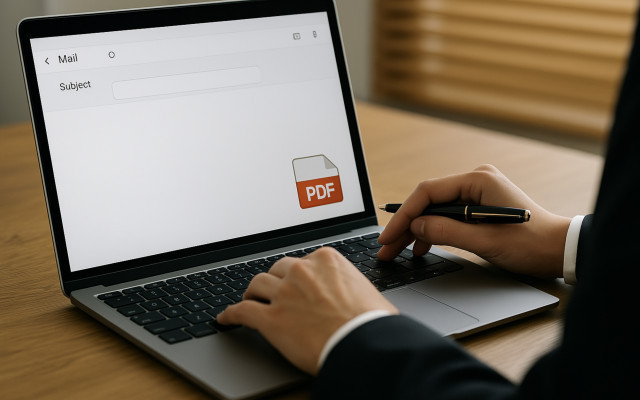
With the introduction of mandatory electronic offices for lawyers in the Unified Judicial Information and Communication System, there are two forms of filing procedural documents. The Supreme Court reminded that not every digital signature and not every electronic appeal is proper.
An advocate, as a representative of the plaintiff in civil case No. 944/6062/23, filed an application for interim relief. This application, which was signed with an electronic digital signature and sent by e-mail, was returned by the court of first instance without consideration.
The court's ruling was motivated by the fact that the application did not contain information about the presence or absence of an electronic cabinet in the Unified Judicial Information and Communication System.
Pursuant to Article 14 of the Code of Civil Procedure, advocates must have such offices. They can take procedural actions in electronic form exclusively through the UJICS using their own electronic signature, which is equivalent to a handwritten signature.
However, the Court of Appeal pointed out that the reasoning was erroneous, as the lawyer indicated in her application that she had an electronic cabinet.
The Civil Court of Cassation of the Supreme Court (ruling of 12.02.2025) reminded that the mandatory registration and use of electronic offices by representatives of legal professions was introduced in October 2023 by Law No. 3200-IX. And Article 14 of the Code of Civil Procedure stipulates that the courts have the UJICS.
Procedural documents in electronic form must be submitted by the parties to the case to the court using the UJICS in the manner prescribed by the Regulations on this system (decision of the High Council of Justice of 17.08.2021 No. 1845/0/15-21).
The high judges confirmed that the lawyer had indicated that she had an electronic cabinet in the UJICS. The application was accompanied by a printout of the result of the electronic digital signature verification, but such a signature was made without using the E-Court and E-Cabinet subsystems.
At the same time, according to the CCC, the application could be filed either in writing or electronically using the Electronic Court service.
The general requirements for the form and content of a written application, petition, objection on procedural issues and the consequences of non-compliance with such requirements are set forth in Article 183 of the Code of Civil Procedure. Such documents must contain, inter alia, information on the presence or absence of an electronic cabinet. They are signed by the applicant or his/her representative. The court, having established that the document was submitted without complying with the requirements, returns it to the applicant without consideration.
Thus, the Supreme Court concludes, by sending an application for interim relief by e-mail using an electronic digital signature, rather than using the Electronic Court subsystem, the lawyer used a method of applying to the court that is not provided for by the current procedural legislation.
In such circumstances, the CCU overturned the decision of the court of appeal, upholding the decision of the court of first instance.
Popular news

Advocacy
«Military advocates» have nothing to do with advocacy – UNBA statement
The activities of the «military advocates» who forcefully «repel» mobilized persons liable for military service in the TCC have nothing to do with legal practice based on the principles of the rule of law and legality.
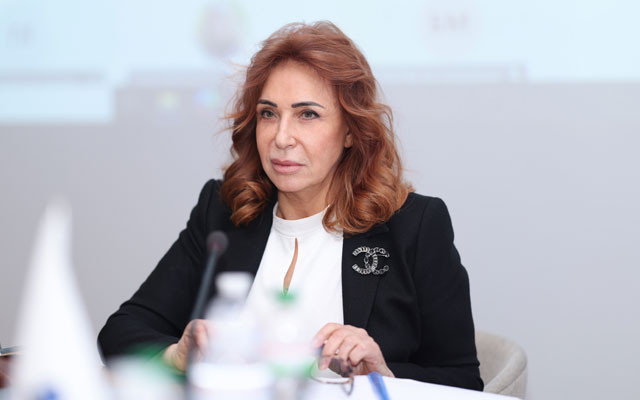
Advocacy
The BCU defended 36 lawyers accused by the TCC of disrupting mobilization
The actions of the lawyers described in the appeal of the Bucha District Territorial Center for Recruitment and Social Support as unlawful offenses are in fact the exercise of legal powers related to the provision of professional legal assistance to clients - citizens of Ukraine who are liable for military service.
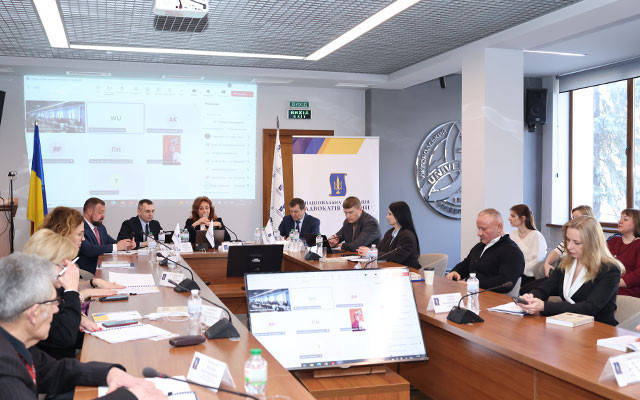
Advocacy
Parliamentary instruments should not be used for private interests - statement of crime
Law enforcement agencies should assess whether an MP is using the parliamentary research tool in private interests. Involvement of the Research Service of the Verkhovna Rada in tasks not provided for in its Regulations has signs of corruption.

Advocacy
Prospects for regulating ARMA and asset management discussed at UNBA
The Parliament adopted as a basis a comprehensive draft law No. 12374-d, which is intended to modify the functioning of the Asset Recovery and Management Agency, strengthen its institutional capacity and improve asset management mechanisms.

Advocacy
The relevant committee of the Verkhovna Rada supported amendments to the CPC to protect business
The Draft Law on Amendments to the CPC to Improve Guarantees of Protection of Business Entities in Criminal Proceedings is recommended to be adopted by the Parliament as a basis with further revision.
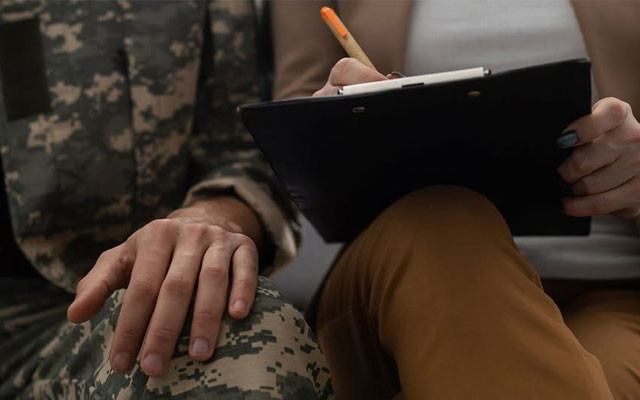
Advocacy
Call of Rivne Regional State Administration not to apply to lawyers violates the Constitution, - UNBA statement
The Rivne Regional State Administration encourages the families of prisoners not to rush to contact private lawyers or attorneys for legal support. The UNBA called this position a violation of the constitutional guarantee of everyone's right to professional legal assistance.
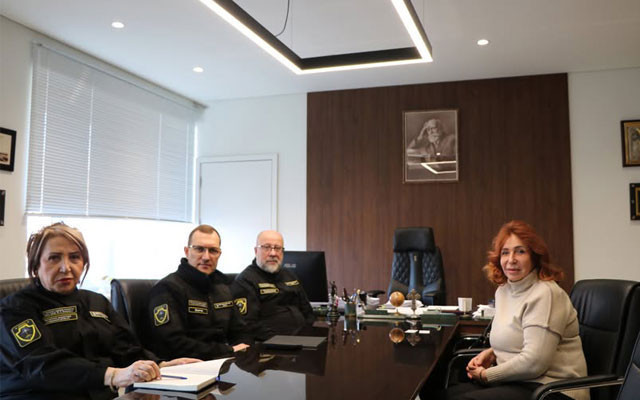
Advocacy
Advocates and forensic experts join forces: plans for cooperation discussed
At the National Scientific Center «Bokarius Institute of Forensic Expertise» of the Ministry of Justice, a working meeting was held between the management of this expert institution and Lidiya Izovitova, the President of the National Bar Association of Ukraine, the Bar Council of Ukraine.
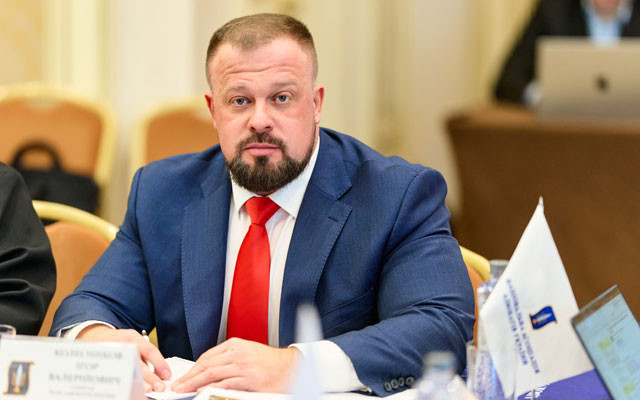
Advocacy
The Constitution is the same in TCCs and outside them, - the Secretary of the BCU on the rules for lawyers
The Land Forces of the Armed Forces of Ukraine are working to eliminate shortcomings in the work of territorial recruitment and social support centers. In particular, they want to create rules for lawyers who defend people liable for military service.
Publications

Ihor Kolesnykov A BRIEF SUMMARY REGARDING THE APPLICATION OF THE ORDER ON EXTENDED CONFISCATION IN LATVIA REGARDING FINANCIAL ASSETS OF…

Valentyn Gvozdiy WORKING IN A WAR ZONE

Lydia Izovitova Formula of perfection

Sergiy Vylkov Our judicial system is so built that courts do not trust advocates

Iryna Vasylyk Advocacy in the proclamation of Independence of Ukraine

Oleksandr DULSKY When we cross the border of the Supreme Anti-Corruption Court, we get into another department of the National Anti-Corruption…

Vadym Krasnyk The UNBA will work, and all obstacles and restrictions are only temporary inconveniences

Lydia Izovitova Interview with Lydia Izovitova on the occasion of the 8th anniversary of the founding of UNBA: We are the voice of t…
